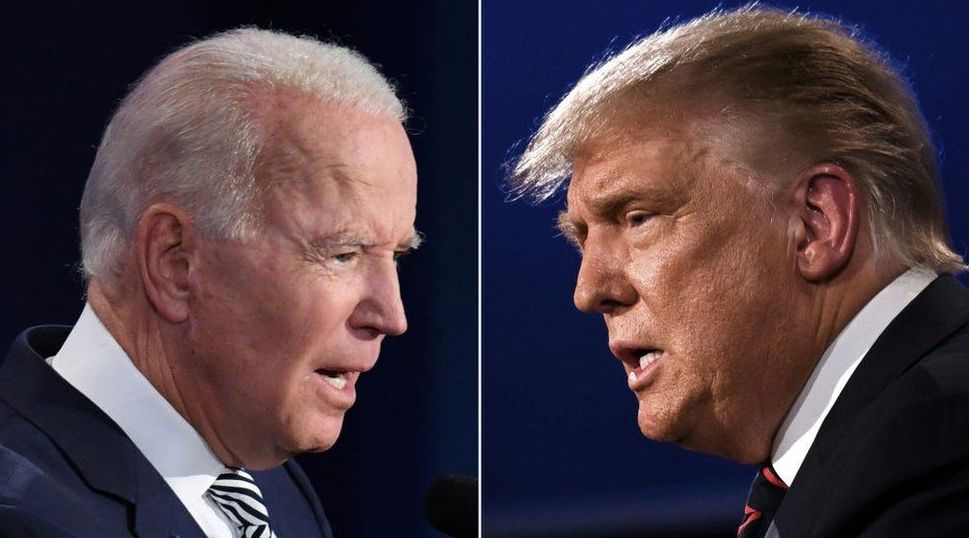
President Biden said:
“I inherited a deal cut by my predecessor — which he invited the Taliban to discuss at Camp David on the eve of 9/11 of 2019 — that left the Taliban in the strongest position militarily since 2001 and imposed a May 1, 2021 deadline on US forces. Shortly before he left office, he also drew US forces down to a bare minimum of 2,500.
Therefore, when I became President, I faced a choice — follow through on the deal, with a brief extension to get our forces and our allies’ forces out safely, or ramp up our presence and send more American troops to fight once again in another country’s civil conflict. One more year, or five more years, of U.S. military presence would not have made a difference if the Afghan military cannot or will not hold its own country. And an endless American presence in the middle of another country’s civil conflict was not acceptable to me.”
One month ago, Biden said that there was no chance of a Taliban takeover. He said in July:
“So the question now is, where do they go from here? The jury is still out. But the likelihood there’s going to be the Taliban overrunning everything and owning the whole country is highly unlikely.”
Former President Donald Trump replied:
“Joe Biden gets it wrong every time on foreign policy, and many other issues. Everyone knew he couldn’t handle the pressure. Even Obama’s Secretary of Defense, Robert Gates, said as much. He ran out of Afghanistan instead of following the plan our Administration left for him – a plan that protected our people and our property, and ensured the Taliban would never dream of taking our Embassy or providing a base for new attacks against America. The withdrawal would be guided by facts on the ground.
After I took out ISIS, I established a credible deterrent. That deterrent is now gone. The Taliban no longer has fear or respect for America, or America’s power. What a disgrace it will be when the Taliban raises their flag over America’s Embassy in Kabul. This is complete failure through weakness, incompetence, and total strategic incoherence.”

